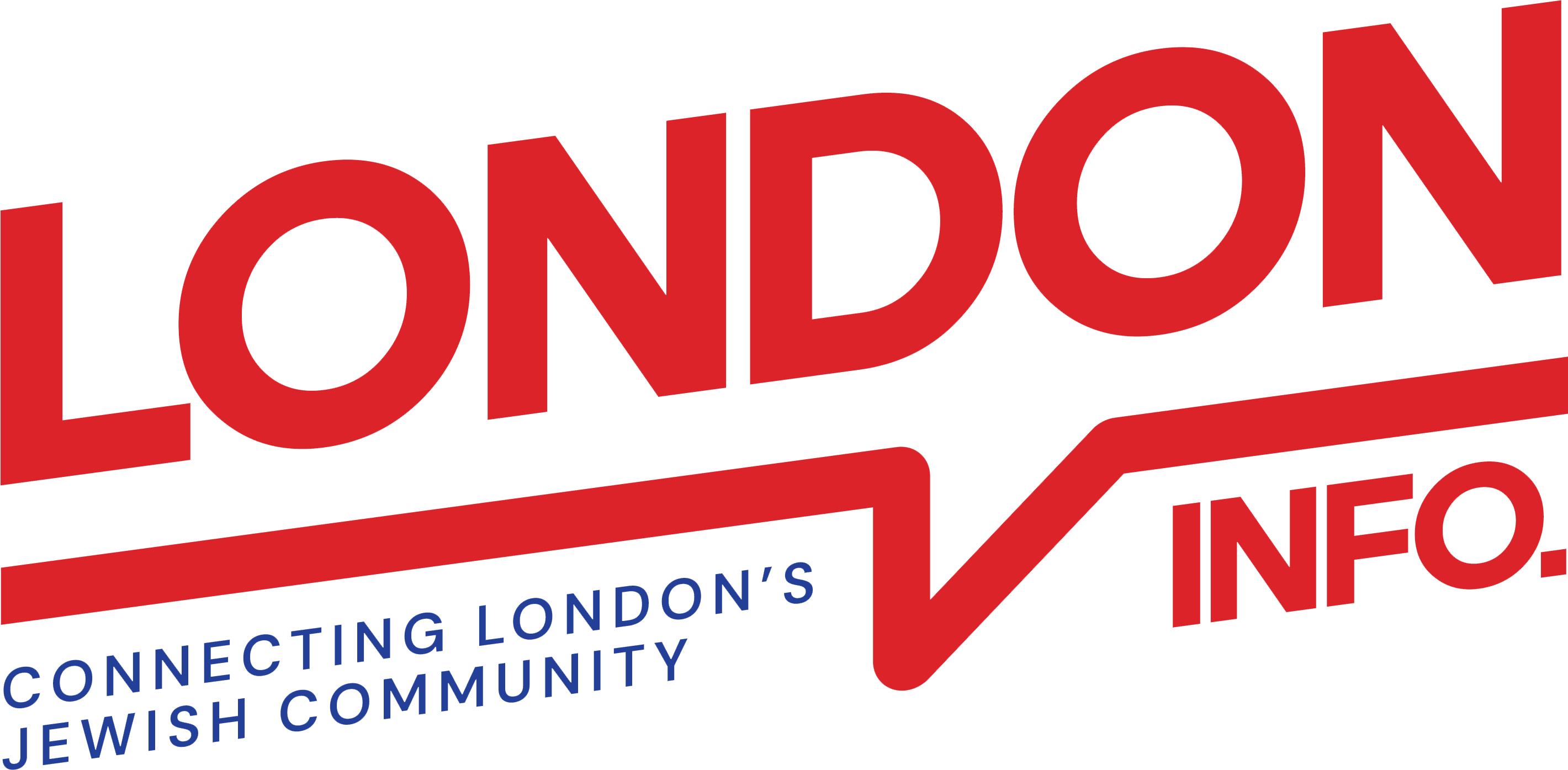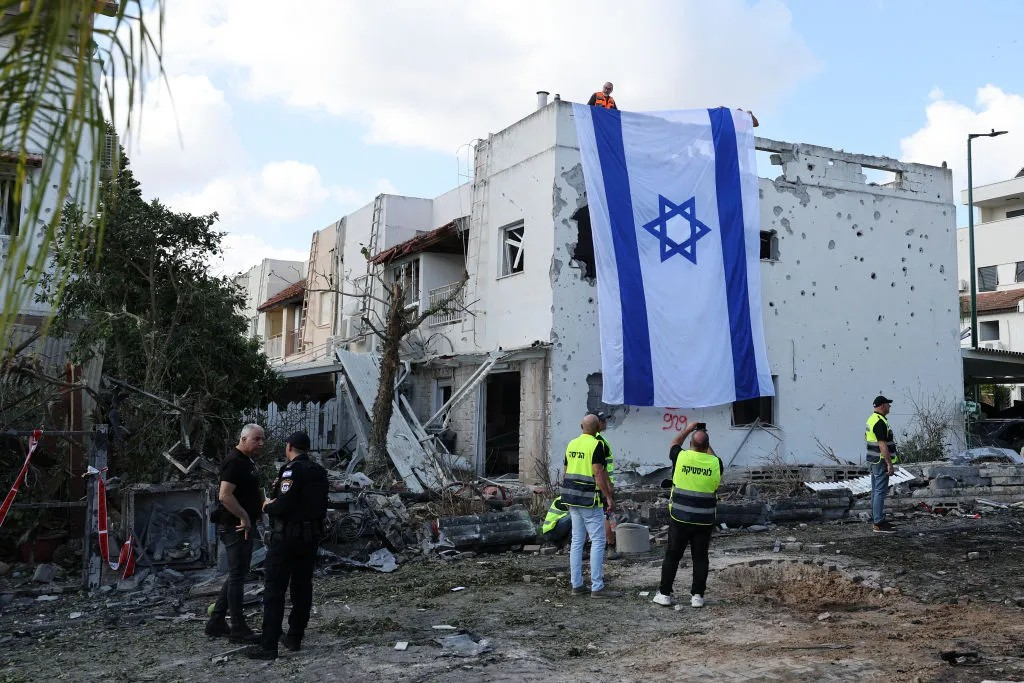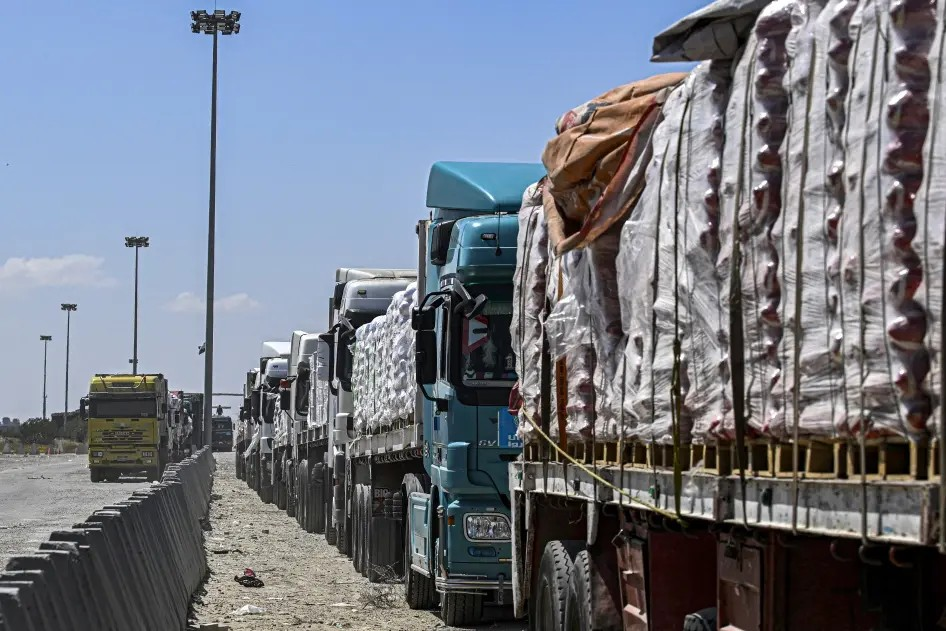Northern Israeli leaders have strongly opposed the anticipated ceasefire agreement between Israel and Hezbollah, citing ongoing security threats to local residents. The deal, which is expected to be approved by Prime Minister Benjamin Netanyahu’s security cabinet, calls for a 60-day truce but lacks an IDF-secured buffer zone.
Metula Mayor David Azoulay sharply criticized the agreement, describing it as a “surrender” to Hezbollah, which he called an Iranian proxy. In an interview with Channel 13, Azoulay emphasized that the threat from Hezbollah remains and warned that returning to the pre-October 7 reality would be unacceptable. He also pointed out the severe damage to local homes, with 70% of properties in Metula impacted, and that reconstruction could take years. “For as long as there is no real security here, we will do everything to not return,” he said.
Eitan Davidi, chairman of Moshav Margaliot, echoed Azoulay’s concerns, condemning the reliance on Lebanon for safety assurances. Speaking to Channel 12, Davidi expressed fears that Hezbollah’s attacks would intensify, warning that any future assaults would be far worse than the October 7 attacks by Hamas.
The ceasefire deal follows a year of daily Hezbollah attacks on Israeli communities and military positions along the border. After the Hamas assault on October 7, Israel evacuated 60,000 residents from towns near the Lebanon border. Although military officials say significant objectives against Hezbollah have been achieved, local leaders insist the truce does not ensure long-term safety for residents returning to the area.




